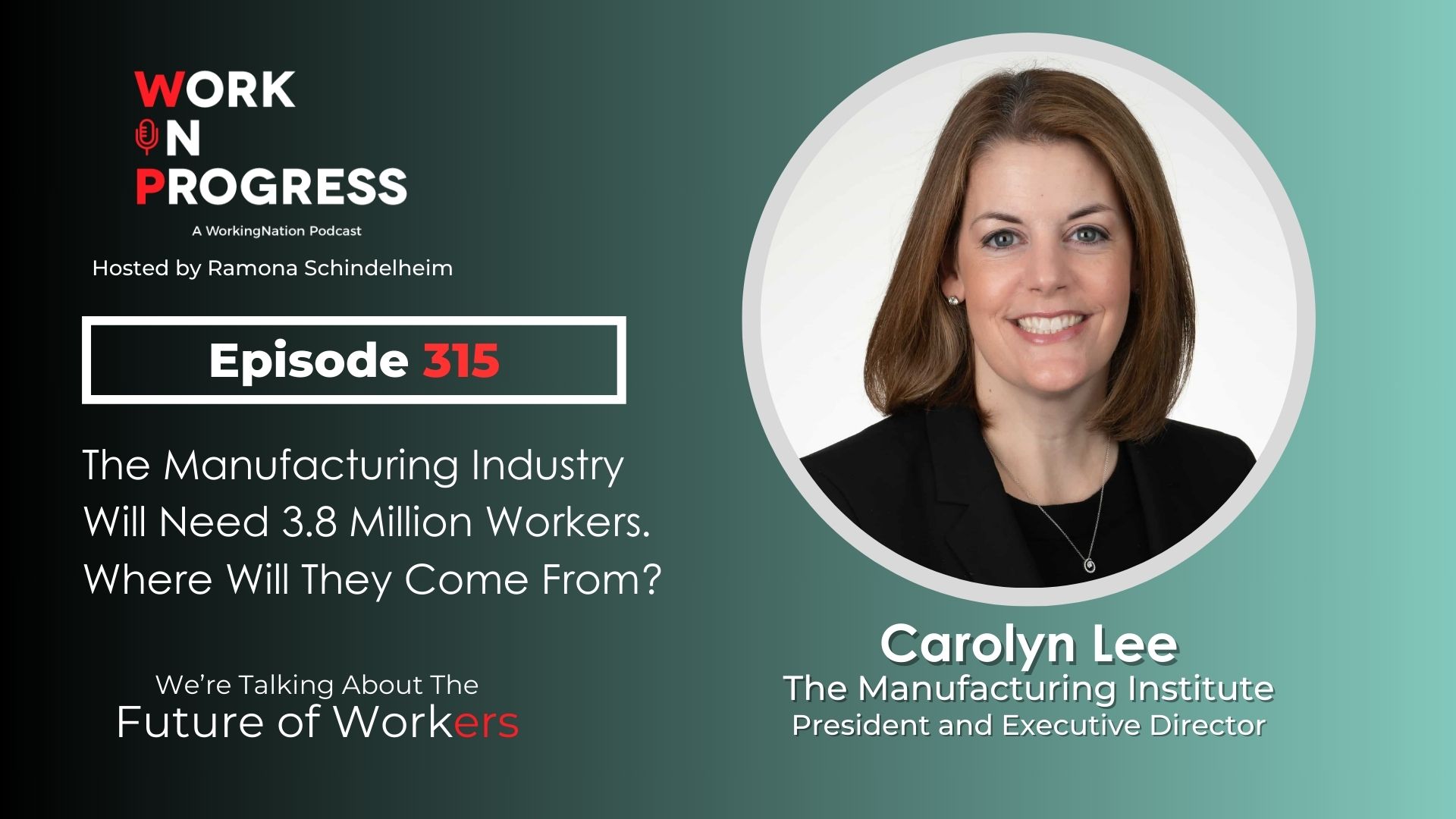The world is becoming a smaller place, but is that a good or bad thing for American workers?
Some say that free trade actually creates jobs and economic opportunity, while others argue the exact opposite is true. Here, we explain four ways in which globalization affects American workers.
Fewer Manufacturing Jobs
The Economic Policy Institute estimates that the United States lost 3.2 million manufacturing jobs between 2001 and 2013. Where did they go? Well, 2001 was the year China entered the World Trade Organization, gaining access to U.S. and other international markets. Trade with China soared, with Chinese companies exporting more low-priced goods to the U.S. than the U.S. could ship to China.
The end result is that millions of American jobs became obsolete. Of the 3.2 million jobs lost to China, 2.4 million of them were in manufacturing—and those lost manufacturing jobs account for two-thirds of all U.S. manufacturing jobs. Companies that made computer and electronic parts, textiles and apparel, and furniture were hit the hardest.
Lower Wages for Unskilled Workers…
When jobs move overseas, there tends to be less demand for American workers who might have once filled those jobs. Usually, when jobs move overseas, it’s because workers in other countries are willing to do those jobs for lower pay. And the jobs that are easiest to outsource are those that don’t require much education or training to perform.
The Economic Policy Institute estimates that in 2011, rising trade with less-developed countries reduced wages by 5.5 percent, or $1,800, for full-time workers without a four-year college degree. The EPI researchers noted that when workers are laid-off from jobs that have been outsourced, they often accept lower wages to find work in jobs that are impossible to outsource—landscaping or waiting tables, for example.
…But Relatively Higher Wages for Skilled Workers
Here’s the thing that’s tricky to understand: Trade isn’t bad for all workers. In fact, trade tends to increase an economy’s total income. But those gains don’t affect all people equally.
As low-skill workers watch their job options dwindle and wages decline, demand for skilled workers actually increases. Workers with a college degree have always earned more than those without, but that premium has been rising over the years. In 2015, those with only a high-school diploma earned just $678 a week compared to $1,137 for those with a bachelor’s degree. EPI notes that trade with low-wage countries accounts for 90 percent of the rise in the gap between more and less educated workers since 1995.
Cultural Savvy as a Job Requirement
Globalization means that a growing number of companies do business in multiple countries. That means workers who want to be future-proof need to know what’s happening in the world, feel comfortable working with people from a variety of cultures, and realizing when cross-cultural differences may be the key to changing strategy and interactions.
“In a truly globally connected world, a worker’s skill set could see them posted in any number of locations—they need to be able to operate in whatever environment they find themselves,” the Institute for the Future suggests. “This demands specific content, such as linguistic skills, but also adaptability to changing circumstances and an ability to sense and respond to new contexts.”











